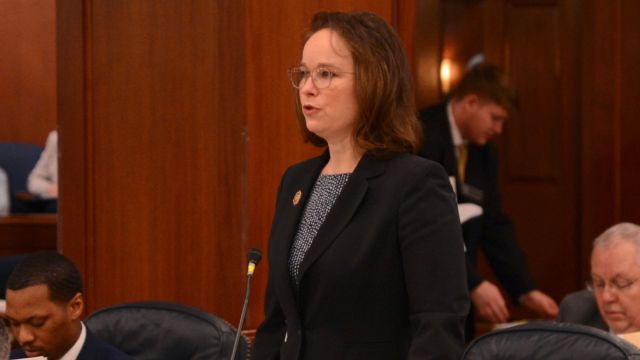A constitutional amendment that would allow public funds to be allocated to private and religious schools has been suggested by state legislators in Alaska, following a court decision that invalidated a significant portion of the state’s education correspondence programs.
The House Judiciary Committee has hearings on House Joint Resolution 28 on Wednesday and Friday of next week.
HJR 28 would repeal the portion of Article VII, Section 1, which states that “no money shall be paid from public funds for the direct benefit of any religious or other private educational institution,” if it is ratified by two-thirds of the House, two-thirds of the Senate, and the electorate this autumn.
Judge Adolf Zeman of the Superior Court explicitly brought attention to such a phrase when he overturned a regulation pertaining to compensation to parents of children enrolled in the state’s correspondence programs.
Zeman came to the conclusion that the practice was unlawful because the statute had been purposefully drafted to permit the use of the funds by some parents to pay for private school tuition.
Additionally, HJR 28 seeks to amend Article IX, Section 6, which forbids using public funds for anything other than legitimate public objectives. A new phrase stating that contributions “for the direct educational benefit of students as provided by law” are not prohibited by this section would be added as part of the proposed modification.
Rep. Sarah Vance, a Republican from Homer and the head of the judiciary committee, stated in a statement that the proposed amendment “promotes fairness and empowers choice in education by allowing public funds to benefit all Alaskans seeking educational opportunities.”
A public vote, which is necessary for any constitutional amendment, according to Rep. Jamie Allard, R-Eagle River, and a member of the judiciary committee, would empower voters and “ensure that all Alaskans have a voice in shaping the future of education in Alaska.”
While several state lawmakers and Governor Mike Dunleavy have voiced concern with the court ruling regarding correspondence programs, many have also stated that they want to wait to take action until the Alaska Supreme Court has had a chance to consider the issue.
Speaking with reporters on Tuesday, a number of senators from the supermajority caucus controlling the Alaska Senate expressed their reluctance to back a constitutional amendment that would do away with the ban on public funding going to private schools.




